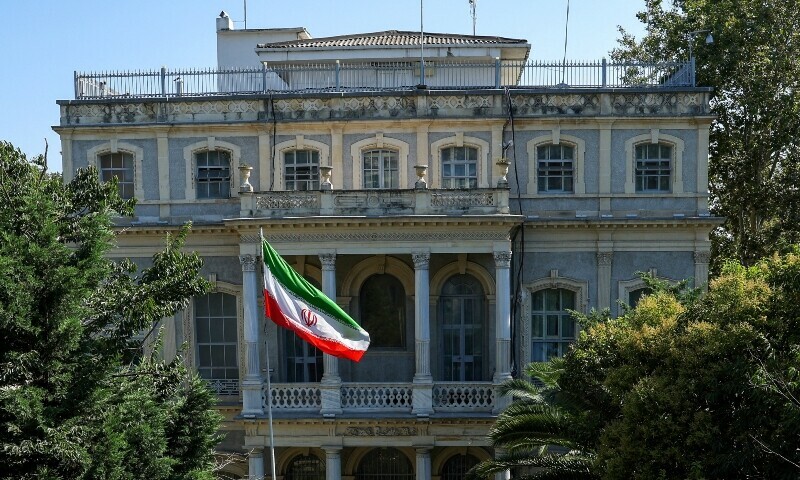Iran dismissed suggestions of extending a United Nations resolution that upholds the 2015 nuclear deal as it began its first direct talks with Western powers since last month’s airstrikes by Israel and the U.S. Delegations from Iran, the European Union, and the E3 group—France, Britain, and Germany—gathered at the Iranian consulate in Istanbul. The UN nuclear watchdog suggested the talks could pave the way for resumed inspections. The 2015 deal, which the U.S. abandoned in 2018, originally lifted sanctions on Iran in exchange for restrictions on its nuclear program.
With an October 18 deadline looming for the expiration of the UN resolution governing the deal, pressure is mounting. If no action is taken, all UN sanctions on Iran will be lifted unless the “snapback” mechanism is activated at least 30 days prior. This would reinstate sanctions on key sectors, including energy, banking, and defense. To allow time for diplomatic efforts, the E3 has set an end-of-August deadline to revive negotiations, seeking concrete steps from Iran to justify extending talks by up to six months.
Iran would need to commit to key demands, including potential talks with the U.S., full cooperation with the UN’s International Atomic Energy Agency (IAEA), and clarification on the whereabouts of 400 kilograms of near-weapons-grade uranium missing since last month’s strikes. However, Iranian Foreign Ministry spokesperson Esmaeil Baghaei dismissed discussions about extending UN Resolution 2231 as “meaningless and baseless.” Meanwhile, IAEA chief Rafael Grossi expressed optimism about resuming inspections this year, emphasizing the need for technical discussions with Iran.
The U.S. had engaged in five rounds of talks with Iran before June’s airstrikes, which President Trump claimed had “obliterated” Iran’s nuclear program. However, reports indicate only one of three targeted sites was significantly damaged. Iran denies pursuing nuclear weapons, insisting its program is peaceful. European and Iranian diplomats agree that re-engagement with the U.S. is unlikely in the near future.














